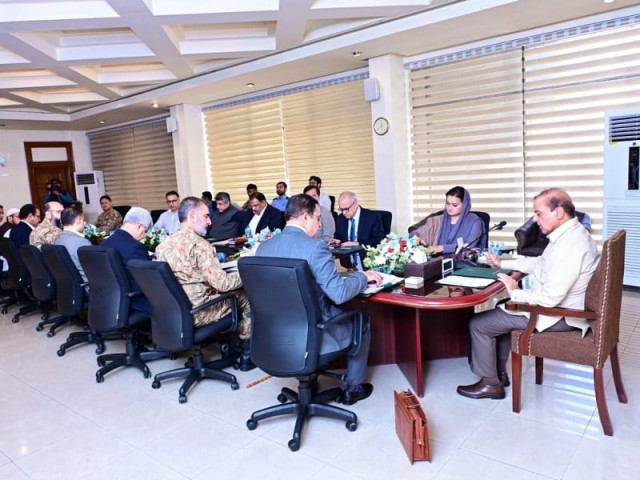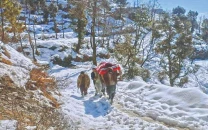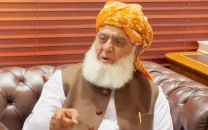Changes in contempt law on the cards
Amid worsening govt-judiciary standoff PM to chair cabinet meeting today

Prime Minister Shehbaz Sharif has called a meeting of the federal cabinet on Sunday (today) to contemplate on the ongoing political, economic, and constitutional crises amid a face-off between the government and the judiciary over the judgment of Punjab polls case.
The prime minister has called the federal cabinet’s meeting a day after the federal government demanded Chief Justice of Pakistan Justice Umar Ata Bandial’s resignation over the “controversial” choices he made while directing the electoral body to hold election in Punjab on May 14.
The cabinet meeting will be held at 2pm at Prime Minister House and the premier will chair it via video link from Lahore. Sources said that the government was also gearing up to bring amendments in contempt law as well as making it mandatory through legislation to table reports against judges submitted in the Supreme Judicial Council before parliament.
However, Federal Minister for Information and Broadcasting Marriyum Aurangzeb refrained from confirming if the cabinet would be considering the same in Sunday’s meeting when approached for a comment.
The minister said she would get back on it but could not till the filing of this news story.
The demand of CJP’s resignation came on April 7 when the information minister demanded that the chief justice should step down as his position had become controversial, especially, after Supreme Court’s Justice Athar Minallah’s note in the Punjab poll case.
The government spokesperson said that the decision given by Justice Minallah put a question mark on the judicial process, adding that a three-member bench led by the CJP was formed on the petition that was already dismissed by four judges of the apex court.
She said there was no point in taking the matter any further as it was dismissed by four judges out the seven-member bench.
The cabinet meeting has also been called at a time when President Dr Arif Alvi returned the Supreme Court (Practice and Procedure) Bill, 2023, which targeted to curtail the CJP’s powers to take suo motu notice and constitute benches on his own, to parliament for reconsideration.
Sources in the government said that the coalition cabinet would deliberate on the president’s move and was likely to present the bill with allies’ consent in the joint session of parliament scheduled to be held on Monday.
The officials of the National Assembly said that the agenda of the joint session had not yet been issued but it would most likely include the bill clipping the CJP’s powers, adding that the bill would automatically become a law after 10 days once passed by the joint sitting under Article 75 of the Constitution.
Admitting that the calling cabinet meeting on Sunday was unusual, a cabinet member said that the cabinet would mull on the government’s strategy about the current political volatility, the role of the CJP and “like-minded judges or politicians in robes”, the schism in the apex court judges and how it gave birth to a constitutional crisis. The huddle would also deliberate on the future strategy of the government.
Additionally, the sources said that the PM would take the cabinet into confidence on the decisions taken in the meeting of the National Security Committee (NSC).
On Friday, the NSC decided to launch a comprehensive operation against terrorists, as the country’s civil and military leadership virtually issued a charge-sheet against the previous government and the establishment for allowing the banned TTP to regroup.
Against the backdrop of a host of developments both on the political and security fronts, the NSC linked the surge in terrorism with the previous dispensation’s policy of appeasement towards the TTP, which was completely contrary to public expectations and aspirations.
The assembly officials said that the NA would commemorate the Golden Jubilee of the Constitution on Monday, which would be followed by an assembly session and the joint session in the afternoon.



















COMMENTS
Comments are moderated and generally will be posted if they are on-topic and not abusive.
For more information, please see our Comments FAQ